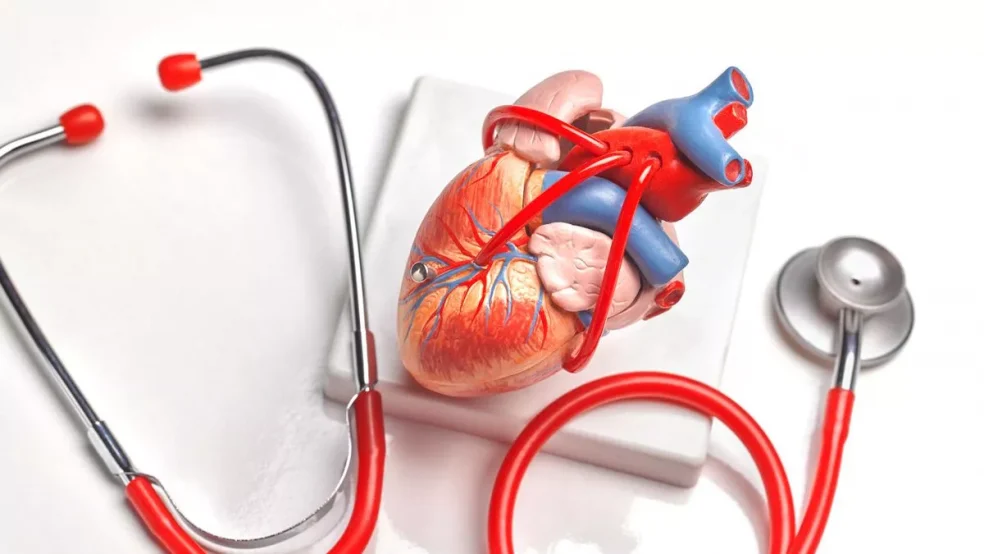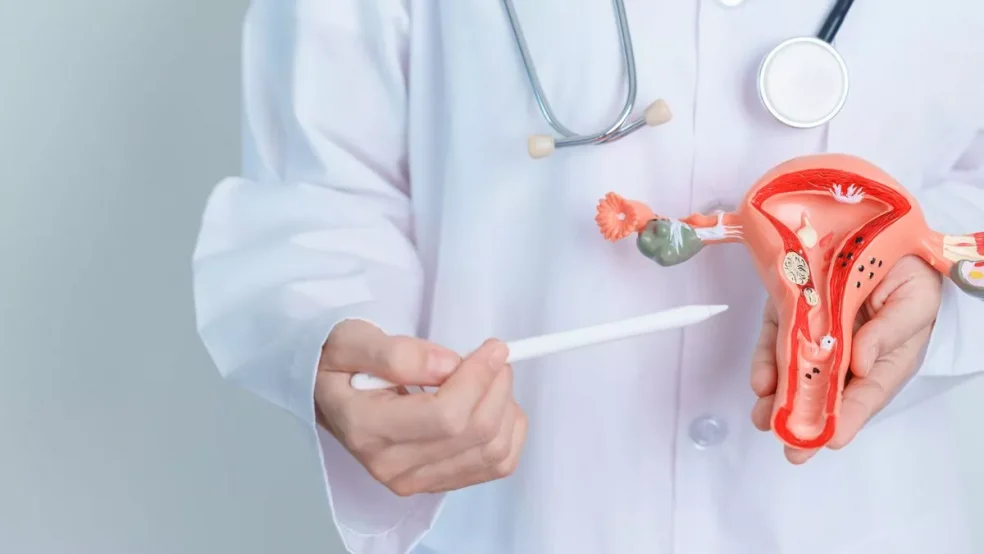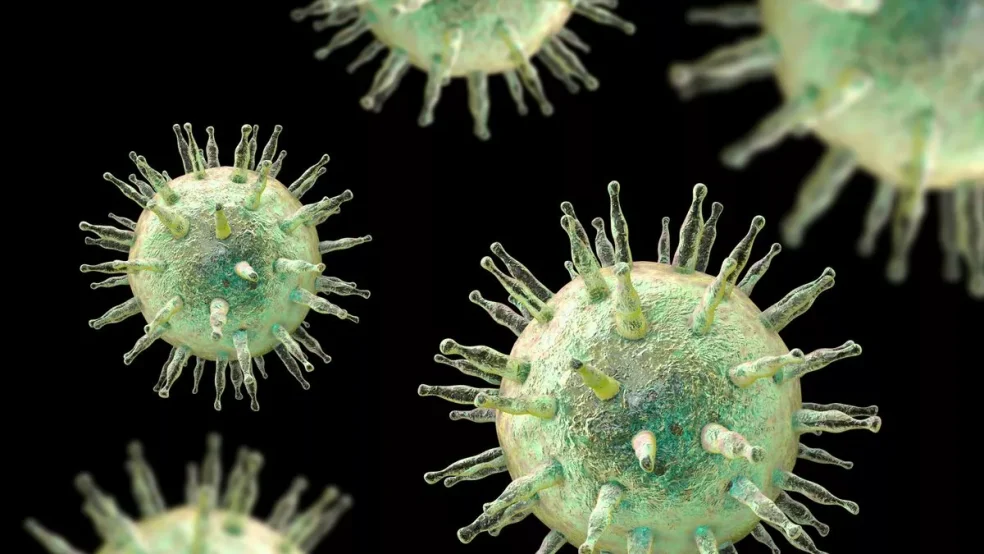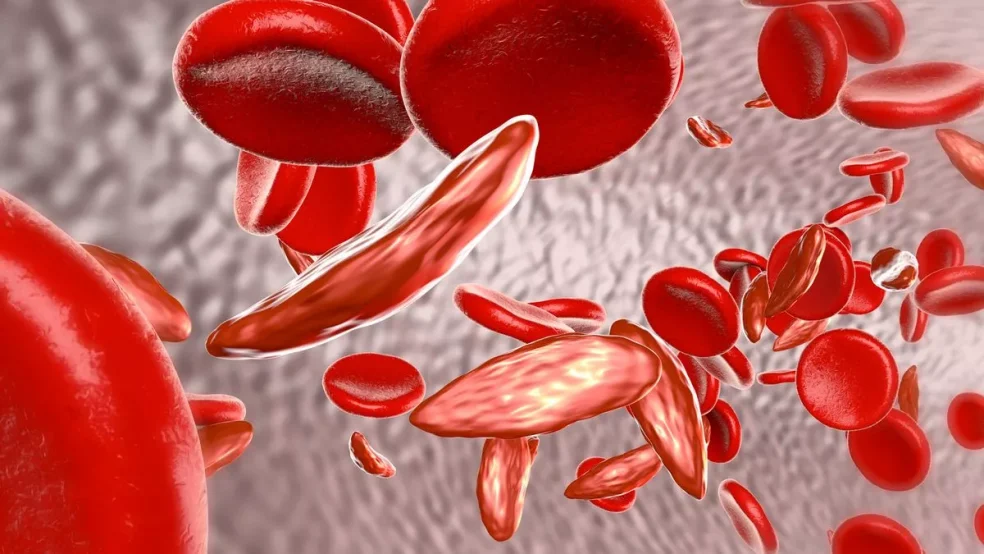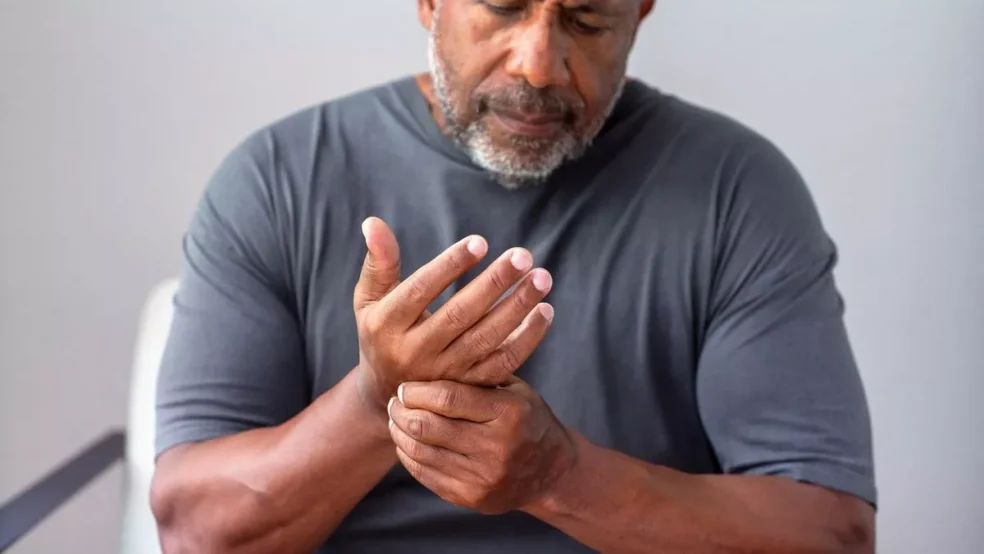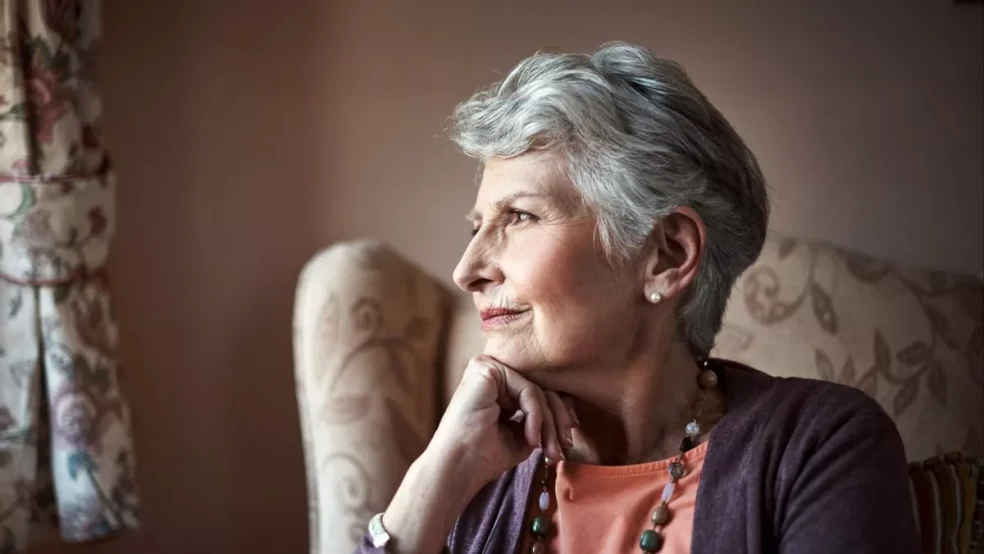Every day, I thank my lucky stars I have family, friends and colleagues around me. And I’m in touch with them quite regularly – I talk to my assistant several times a day and she can cure most of my … Read More
Incredible AI tool can predict how likely people are to have secondary breast cancer
One of the areas that will benefit most from AI is medical research, and that can be seen in a stunning King’s College study. What could be more life-changing than an AI tool that can predict whether an aggressive type … Read More
Angina isn’t caused by artery blockages, it’s a much ‘smaller’ problem than that
We’ve always thought angina heart pain was due to blockage of the coronary arteries, but new research suggests we’ve been barking up the wrong tree. It seems angina is down to disease in the small blood vessels supplying the heart muscle and that’s … Read More
Microwaves may be a kinder care for treating HPV-related cancer and genital warts
They can be uncomfortable to talk about – and to treat. And almost all cervical cancers and most cancers of the vagina, vulva, penis and anus, are caused by HPV, human papilloma virus. Currently, most of these cancers or pre-cancers … Read More
Fears common childhood virus can trigger devastating condition later in life
Back in my medical student days, when we could not figure out the cause of a disease, we’d more often than not blame a virus. Well, now the prestigious Karolinska Institute in Stockholm has come up with evidence showing how the Epstein-Barr virus can trigger … Read More
Why age and gender influence how much weight you lose on a diet
Here’s some good news for men, less so for women. Men lose weight more easily than women, something I’ve always put down to their greater muscle mass and therefore burning more calories. The University of Edinburgh-led research team says dieting affects … Read More
Women could hold the key to tackling the agony of sickle cell disease
We know that women with sickle cell disease suffer milder symptoms than men, so could this difference hold the key to developing more effective treatments? Researchers at King’s College London think so. Working in tandem with Muhimbili University in Tanzania, … Read More
Autoimmune diseases now affecting one in 10 as experts aim to find out why
When I was still practising, autoimmune diseases were rare and exotic. There has been a remarkable change. Now they affect one in 10 people. Why should this be? Well, for starters, the findings of a study highlight seasonal, regional and … Read More
Socially frail adults lack control over their lives and don’t feel valued by others
We all understand what physical frailty is – a set of vulnerabilities including physical weakness, weight loss, exhaustion, slowness and low physical activity. Physical frailty increases the risk of falls, disability, hospitalisation, poor surgical outcomes, admission to a nursing home … Read More
Gene in part of the human brain holds the key to treating severe anxiety disorders
The seat of anxiety in the brain is a small area called the amygdala. Once it gets anxious it’s difficult to calm it down – and this led Ruby Wax, in her book Sane New World, to coin the phrase, “naughty … Read More
- Page 1 of 2
- 1
- 2


